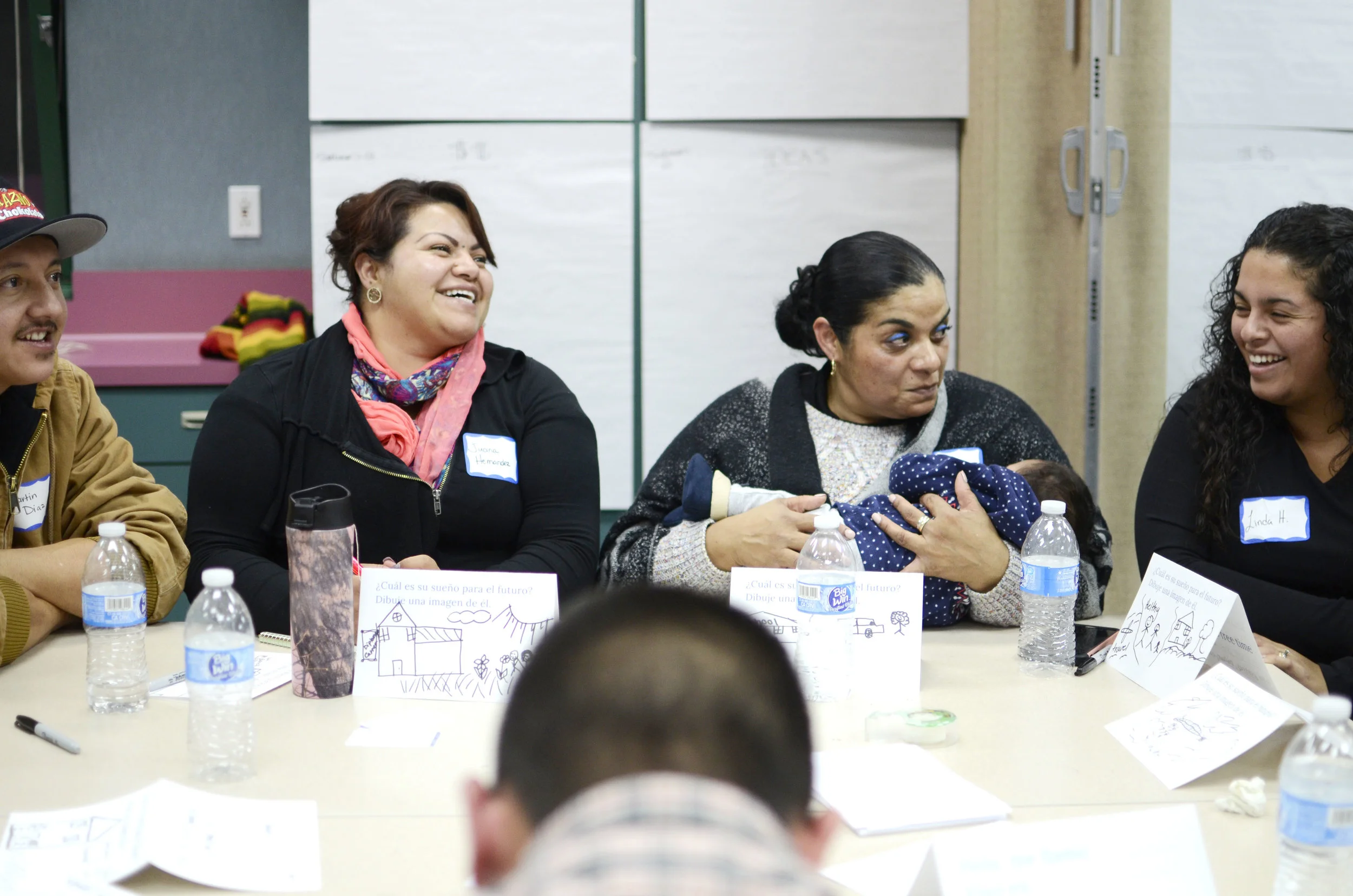THEME 2
_
I want to live without fear and anxiety.
Busy schedules, unfriendly work environments, and unsafe situations make day-to-day life feel fragile and unstable.
The system set up to keep individuals and families safe and stable are failing some Californians. Participants shared stories that captured their fear and anxiety. They described a few different types: from the anxiety that comes with not having enough money to cover the necessities to fear for their own or their family’s safety. They want to feel more confident about where their lives are headed, they want to make enough money, and they want to have the time and resources to feel happy.
A recently unemployed single mother in San Diego shared her struggle with the pressure of finding work, going back to school, and raising her children. For Californians like her, every week feels like a gamble, never quite knowing if they will make it through. She was anxious about today, and the unknown needs and challenges that she and her family might face tomorrow.
The stress of wanting to do well for themselves and others is a burden for young Californians too. Young people still in high school work hard to make their parents proud, set a good example, and pave a path for their siblings.
Participants hope for — or actively work to build — strong neighborhoods. When drawing and writing about their hopes and aspirations, listening session participants portrayed scenes of security and stability. However, some communities were challenged by often unavoidable and unsafe situations — gang activity, drugs, violence, and over-policing. In other communities, a lack of jobs and other opportunities created too many ways for young people to fall into precarious situations.














